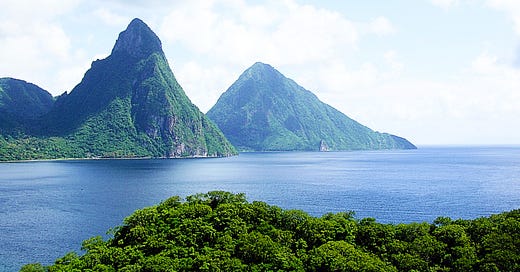Crime Against Cruisers in St. Lucia Has Been Horrible. Will Arrests Help Turn the Tide?
Government Targets Gangs, But New Initiative Includes Anchorage Security

Five arrests have reportedly been made in a spate of armed or attempted armed robberies at a St. Lucia anchorage last year. In one particularly brutal assault in August, bareboat charter …
Keep reading with a 7-day free trial
Subscribe to LOOSE CANNON to keep reading this post and get 7 days of free access to the full post archives.


